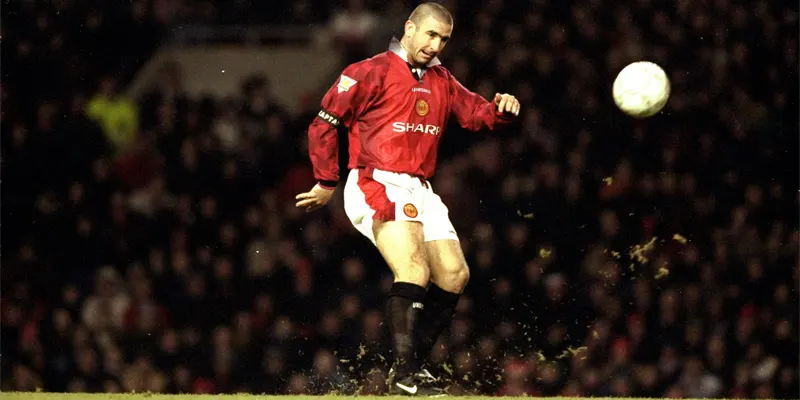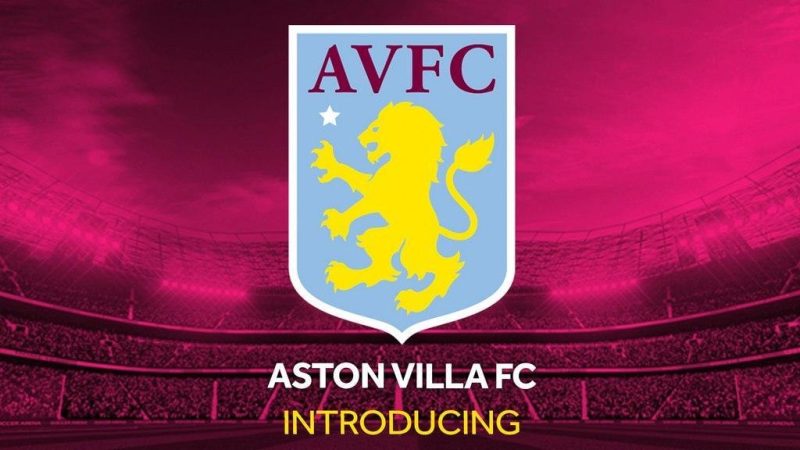Kansas City Stadium holds a significant place in the heart of many sports fans. Known for its vibrant atmosphere, rich history, and passionate fan base, this iconic venue serves as the battleground for some of the most thrilling sporting events. Whether it’s football season or the baseball playoffs, the energy that https://vnnnews.net/ radiates from the Kansas City Stadium is palpable, making it a must-visit location for anyone who cherishes the spirit of American sports.
History of Kansas City Stadium
The story of Kansas City Stadium is one steeped in tradition and resilience. Originally built to accommodate the growing popularity of professional sports in the area, the stadium has evolved through various phases of architectural innovation and community involvement.
Early Beginnings
The inception of Kansas City Stadium can be traced back to the mid-20th century when the city recognized the need for an expansive facility to host significant sporting events. Prior to the stadium’s construction, local teams were forced to play in smaller venues, which did not do justice to the burgeoning fanbase. The decision to build a new stadium was fueled by a desire to enhance the city’s cultural and recreational offerings.
As the plans for the stadium materialized, local stakeholders engaged in discussions about its design and functionality. Community members and sports enthusiasts envisioned a venue that would not only serve as a home for local teams but also become a gathering place for fans to celebrate their shared love for sports.
Architectural Evolution
Upon its completion, Kansas City Stadium became a marvel of modern architecture. The structure embodied cutting-edge design elements of its time, with sweeping lines and spacious seating arrangements that provided fans with an unobstructed view of the action. The stadium’s exterior featured striking facades and ample entrances, ensuring smooth access for thousands of attendees during peak events.
Over the years, the stadium underwent several renovations and upgrades to keep pace with changing technologies and evolving trends in the sports industry. Enhancements included the installation of state-of-the-art sound systems, high-definition video boards, and improved concession areas. These upgrades not only elevated the fan experience but also ensured that Kansas City Stadium remained competitive among other major venues nationwide.
Cultural Impact
Beyond serving as a mere sports venue, Kansas City Stadium has become a cultural icon within the city. It has hosted numerous concerts, community events, and special celebrations, allowing residents to forge lasting memories associated with the venue.
Additionally, the stadium has fostered a sense of pride among the local population. Generations of families have made attending games a cherished tradition, thus embedding Kansas City Stadium into the fabric of their lives. The venue has played a pivotal role in shaping the identity of Kansas City as a vibrant hub for sports and entertainment.
Major Sporting Events at Kansas City Stadium
Kansas City Stadium is renowned for hosting a myriad of exhilarating sporting events that bring together fans from all walks of life. Throughout its storied history, the venue has been home to memorable moments and legendary performances.
Home to Professional Teams
Kansas City Stadium is primarily known as the home of the Kansas City Chiefs, an esteemed team in the National Football League (NFL). The Chiefs have developed a dedicated following over the decades, with fans donning their red jerseys and creating a sea of color in the stands.
The atmosphere during game day is electric. The sound of cheering fans echoes throughout the stadium, creating an unforgettable experience for those lucky enough to be present. The excitement of watching a live NFL game is amplified by the incredible camaraderie shared among fans, where strangers bond over their mutual support for the team.

